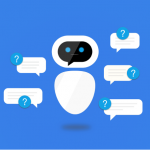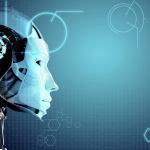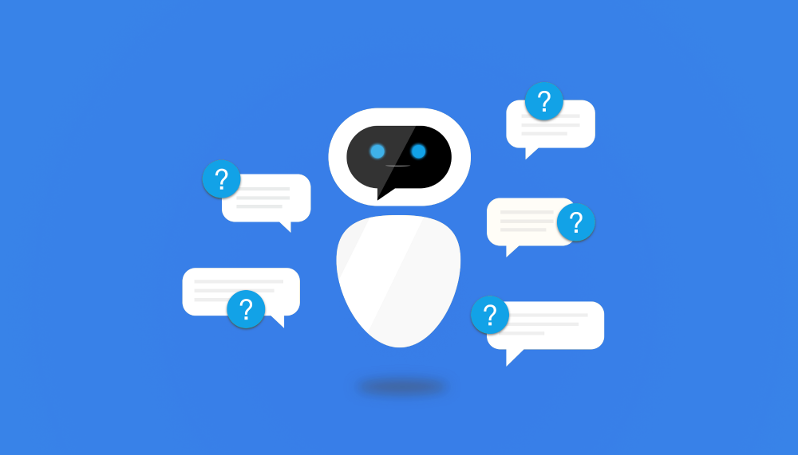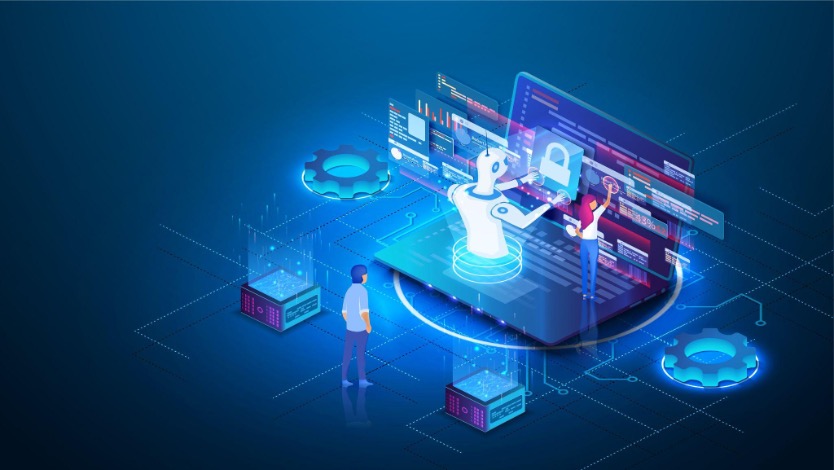How Artificial Intelligence is Transforming the World
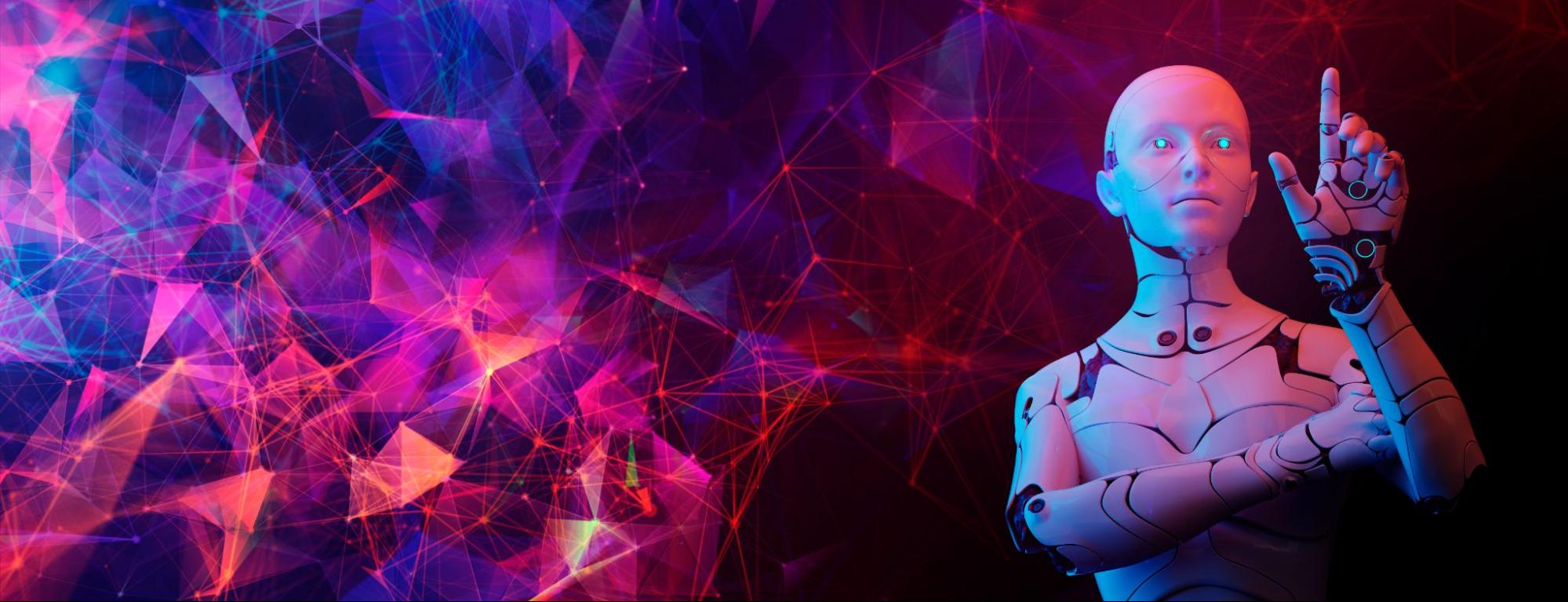
Artificial intelligence is a buzzword that’s been around for decades. But as we enter the 2020s, AI is finally starting to show us what it can do. Today, AI can help doctors diagnose patients faster and more accurately than ever before; it can find cures for diseases that have eluded researchers for years, and it’s even helping us explore space like never before.
In this article, we’ll explore how artificial intelligence works —and why it’s transforming the world as we know it.
Medical Diagnosis
AI is helping doctors make better diagnoses and get more accurate results. Doctors can use technology to analyze patient records, identify tumours or spots on X-rays that they might not have seen, and make more accurate diagnoses in less time. Technology like IBM Watson Health or Google DeepMind can recommend treatment options based on evidence-based medicine.
AI also aids in estimating the total costs of medical bills related to business operations. An application that helps you estimate and track the financial cost of employee medical claims on a real-time basis. This can help in saving millions of dollars in medical costs and cutting down insurance premiums.
Related Article: AI Data Science Solutions Have Become the Need for the Business
Medical Image Analysis
AI is helping to diagnose diseases more quickly. In the area of radiology, AI can help doctors detect diseases earlier and make more informed treatment decisions. AI is helpful in surgery planning as well as decision-making. It has been shown that using AI in medicine is projected to grow at an annualized rate of 48% between 2017 and 2023.
Drug Discovery and Development
Artificial intelligence can analyze patient data to identify potential drug targets that could translate into successful new therapies. AI helps in drug discovery, and can also predict which drugs may be effective for individual patients based on their genetic makeup, allowing doctors to better determine the most appropriate course of treatment for each patient. Analyzing existing data from clinical trials or other sources such as electronic health records (EHR) can help identify side effects before they happen by predicting which drugs are most likely to have a negative interaction with other medications a patient is taking.
Robotics
The use of artificial intelligence is on the rise, specifically AI robotics. AI is being used to improve the performance of robots by learning how to perform tasks like lifting objects or cleaning up spilled water. AI is also being used to make robots more autonomous, which means that they can operate with little or no human intervention. Examples include self-driving cars and autonomous weapons systems (such as drones).
Artificial Intelligence in Space Exploration
Space exploration is a field that requires an immense understanding of the universe, along with a lot of data collection and analysis to make sense of it all. This makes it an ideal place for artificial intelligence to shine. Helping astronauts and ground-based operations, AI is a crucial component for space expeditions and space exploration. AI in space exploration is valued at a staggering US$2 billion and still growing.
AI is Helping Us Overcome Limitations
Artificial Intelligence changing the world can go far beyond being a gimmick and positively impact several aspects of our lives.
It may not be as widely used or readily seen as one might think. It will take time, but we’re already seeing the beginnings of human and AI teaming up to make remarkable things happen. We anticipate an exciting future with AI and can’t wait to see how it develops.
AI solutions can be applied in many different ways as explained before.
- AI algorithms help doctors detect dangerous heart rhythms better than humans do.
- AI algorithms are used to search through vast amounts of data from DNA sequencing machines to find the genetic roots of rare diseases.
- A robot may be able to perform surgery more precisely than a human surgeon could ever hope to do.
Conclusion
While we have discussed a lot of exciting technologies of artificial intelligence that it is capable of, there is still so much more waiting for us in the future. The possibilities for AI are almost endless, and everyone has their own vision for how this technology will evolve and impact our lives. What’s clear from all of this information is that AI gives us the opportunity to do much more than what was ever thought possible.
Adopting AI technology into your business doesn’t have to be difficult. It can easily be integrated into your existing workflow to provide valuable insights and make life easier for your users through the use of specially created Automated AI applications. Effortless and budget-friendly, this AI application is meant to minimize the number of resources involved in building AI. It automates the learning process and speeds up the development process to reduce cost losses.
We can do things today that were previously impossible, or at least impractically complex. And for that we should all be excited about what tomorrow will bring.
Visit DBIX for more AI solutions.
You may also like

Artificial intelligence is a buzzword that's been around for decades. But as we enter the 2020s, AI
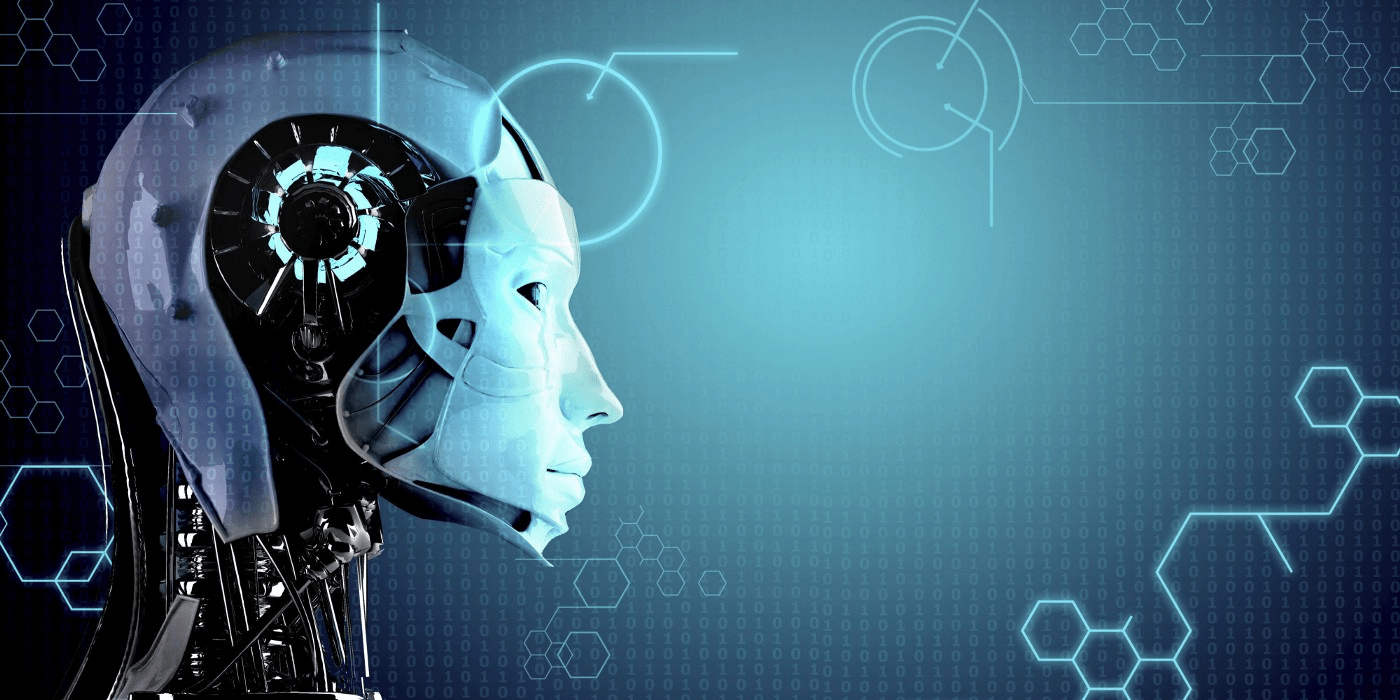
What is a Chatbot?
Although over a billion people are chatbot users, just to reaffirm, letCopyright © dbix 2023

